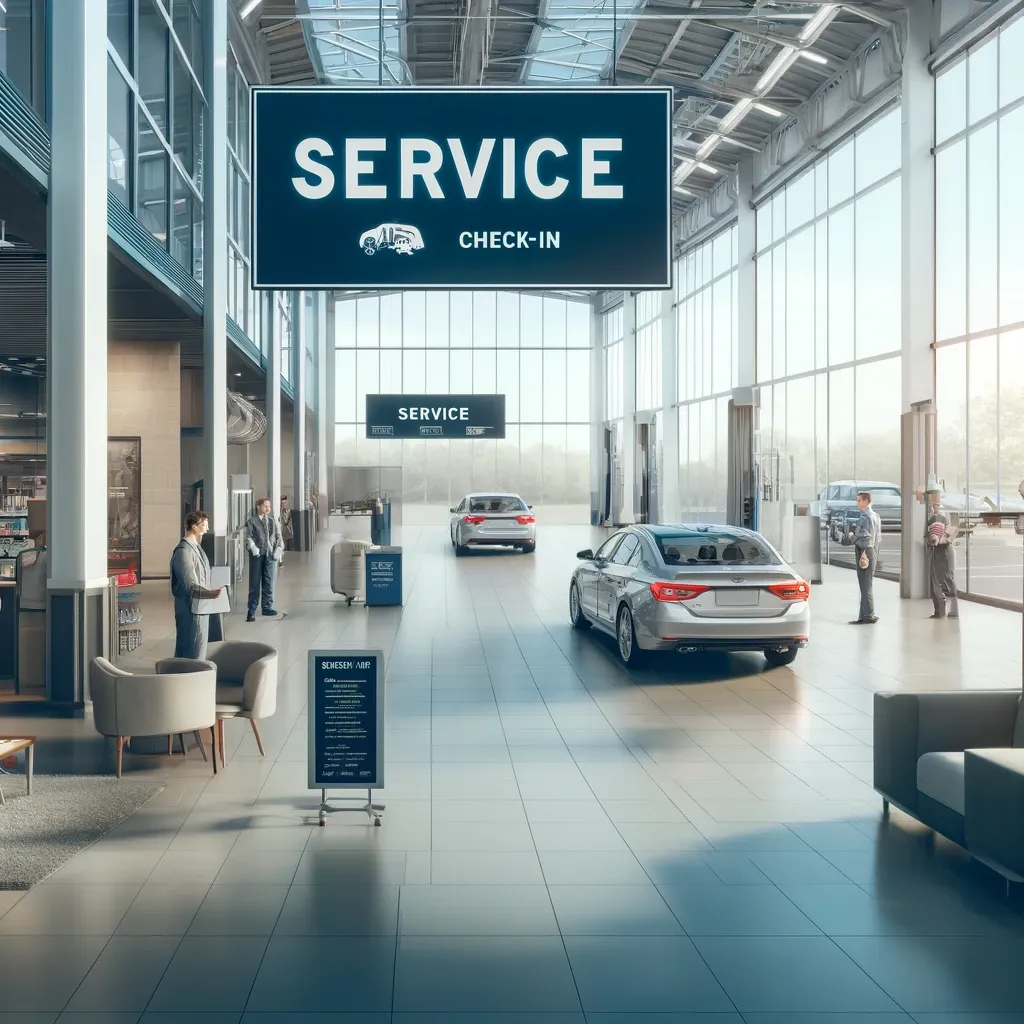Mark Gilbert ATN encourages dealers to focus on fixed operations
Mark Gilbert ATN encourages dealers to focus on fixed operations

"With the auto industry as competitive as ever, it's time for dealerships to focus on fixed operations" - Mark Gilbert ATN, CEO
The Crucial Role of Service and Parts in Dealerships
In the fiercely competitive automotive market, dealerships often place significant emphasis on vehicle sales to drive their profitability and growth. However, an equally important aspect that frequently gets overshadowed is the service and parts department. This division not only sustains customer satisfaction and loyalty but also serves as a consistent revenue stream. Focusing more on service and parts can yield substantial benefits for dealerships, both in terms of customer retention and financial stability.
Building Long-Term Customer Relationships
A vehicle purchase marks the beginning of a customer’s journey with a dealership, not the end. The service and parts department plays a pivotal role in nurturing this relationship. Regular maintenance, repairs, and availability of genuine parts foster trust and ensure that customers return for service, rather than seeking alternatives. By providing exceptional service, dealerships can enhance customer satisfaction, leading to repeat business and positive word-of-mouth referrals.
Consistent Revenue Stream
Unlike vehicle sales, which can be highly cyclical and dependent on economic conditions, the service and parts sector offers a more stable and predictable revenue stream. Vehicles require regular maintenance and occasional repairs, regardless of market fluctuations. By investing in this department, dealerships can ensure a steady flow of income. Furthermore, the profit margins on parts and service are often higher compared to new vehicle sales, making it a lucrative area for investment.
Enhancing Customer Loyalty
Offering top-notch service can significantly impact customer loyalty. A well-run service and parts department can transform a one-time buyer into a lifelong customer. Loyalty programs, timely service reminders, and personalized care can make customers feel valued and appreciated. This loyalty not only translates into repeated service visits but also increases the likelihood of customers choosing the same dealership for future vehicle purchases.
Competitive Differentiation
In a market where vehicle features and prices are becoming increasingly homogenized, service quality can be a major differentiator. Dealerships that invest in skilled technicians, state-of-the-art equipment, and customer-friendly service practices can set themselves apart from competitors. High-quality service can enhance the dealership’s reputation, attracting more customers and establishing a loyal customer base.
Boosting Brand Reputation
A dealership’s service and parts department directly reflects on the brand’s overall reputation. Poor service experiences can lead to negative reviews and damage the dealership’s reputation, while exceptional service can enhance it. Customers often associate their service experiences with the brand itself, making it crucial for dealerships to maintain high standards. A strong service reputation can also aid in attracting new customers who prioritize reliability and after-sales support.
Leveraging Technology and Data
The integration of advanced technology in the service and parts department can enhance efficiency and customer satisfaction. Dealerships can leverage data analytics to track customer preferences, service history, and parts inventory. This data-driven approach enables personalized service, predictive maintenance reminders, and efficient parts management. Investing in technology not only improves operational efficiency but also enhances the customer experience.
Maximizing the Lifetime Value of Customers
By focusing on service and parts, dealerships can maximize the lifetime value of each customer. The initial vehicle sale is just the beginning of a potentially long and profitable relationship. Regular service appointments, repairs, and parts replacements ensure ongoing interaction and revenue. Additionally, satisfied customers are more likely to recommend the dealership to friends and family, further expanding the customer base.
Conclusion
In an era where customer expectations are higher than ever, neglecting the service and parts department can be a costly oversight for dealerships. By placing greater emphasis on this crucial division, dealerships can build long-term relationships, ensure consistent revenue, enhance customer loyalty, and differentiate themselves from the competition. Investing in service and parts is not just a strategy for sustaining profitability; it is a pathway to creating a robust, customer-centric business model that can thrive in the dynamic automotive market.

